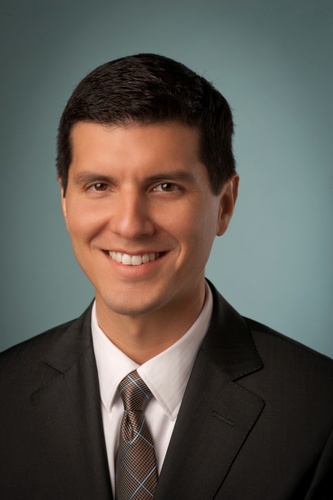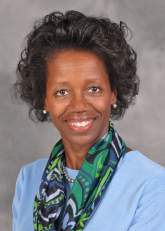 Until a wealthy young woman named Florence Nightingale entered the profession in the mid-1800s, nursing got very little attention—very few prominent women would even consider nursing as an appropriate career choice (and male nurses were even rarer). Thanks to Nightingale’s pioneering and courageous efforts, especially during the Crimean War (she revolutionized the care of soldiers by instituting hygienic practices), we began to recognize nurses for the essential, invaluable roles they play in health and care for all.
Until a wealthy young woman named Florence Nightingale entered the profession in the mid-1800s, nursing got very little attention—very few prominent women would even consider nursing as an appropriate career choice (and male nurses were even rarer). Thanks to Nightingale’s pioneering and courageous efforts, especially during the Crimean War (she revolutionized the care of soldiers by instituting hygienic practices), we began to recognize nurses for the essential, invaluable roles they play in health and care for all.
In honor of Nurse Nightingale, we first celebrated National Nurses Week in 1954, on the 100th anniversary of Nightingale’s Crimean Mission, though it took a presidential proclamation nearly 25 years later to recognize the week officially.
HealthinAging.com is particularly delighted this week to salute the hardworking, dedicated nurses who specialize in caring for our older adults. Their mission is an especially essential one as our population ages because of the complex challenges and opportunities so many older adults will face and the role nurses play in making them less daunting and more manageable.
Geriatric and advanced practice nurses serve in many different kinds of settings—hospitals, long-term care or rehabilitation facilities, senior centers, retirement communities, managed care organizations, and public health agencies, as well as in patients’ homes. Often, nurses work as part of a treatment team that includes several other healthcare professionals. Those with master’s degrees from nurse practitioner programs can diagnose and treat both acute and chronic illnesses, and in most states they can prescribe medications, too.
Geriatric and advanced practice nurses will work with older adults to:
- Assess their mental status and thinking skills;
- Understand and help manage acute and chronic health issues;
- Discuss common health concerns, including falls, incontinence, sleep and sexual issues;
- Organize medications;
- Explain personal safety and disease prevention;
- Help them understand and stick to their medication regimen; and
- Achieve a healthy diet, among many other responsibilities.
During National Nurses Week—and all year long—we’re glad to have the opportunity to honor the contributions these talented and caring professionals make to the lives of older adults and their loved ones.






